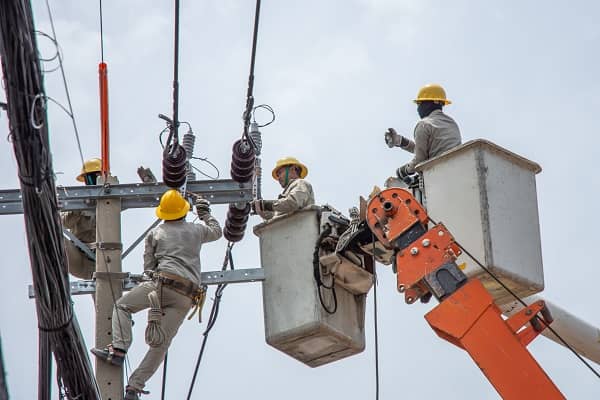Smart Solutions for Energy Management in Canadian Hospitality
Hotels and resorts in Canada face unique challenges when it comes to managing electricity expenses. With the hospitality industry’s high energy demands stemming from round-the-clock operations, heating, cooling, and various guest amenities, finding effective ways to reduce electricity costs is crucial for both cost savings and environmental sustainability. Fortunately, there are several strategies that establishments can adopt to minimize their electricity bills while enhancing their eco-friendly credentials and you can find them in Active Business Services reviews.
One of the primary areas where hotels and resorts can make a significant impact is through energy-efficient lighting solutions. By transitioning to LED bulbs and installing motion sensors and automated lighting controls, establishments can drastically reduce electricity consumption without compromising guest comfort or safety. Additionally, incorporating natural lighting wherever possible through strategic window placement and skylights not only reduces the need for artificial lighting during the day but also enhances the overall ambiance of the space.
Furthermore, optimizing heating, ventilation, and air conditioning (HVAC) systems can yield substantial energy savings for hotels and resorts. Implementing programmable thermostats, regular maintenance schedules, and zone-based heating and cooling systems can ensure efficient temperature control while minimizing energy waste. Additionally, investing in energy-efficient HVAC equipment and insulation can significantly reduce heating and cooling loads, further lowering electricity costs over the long term.

In today’s digital age, hotels and resorts can leverage advanced technology to streamline energy management processes and optimize electricity consumption. Smart energy management systems offer real-time monitoring and control capabilities, allowing establishments to identify energy-intensive areas, track usage patterns, and implement targeted energy-saving measures. By integrating smart thermostats, occupancy sensors, and energy analytics platforms, hotels and resorts can achieve greater visibility and control over their electricity usage, leading to substantial cost savings and environmental benefits.
Moreover, embracing renewable energy sources presents a promising opportunity for Canadian hotels and resorts to reduce their dependence on conventional grid electricity and lower their carbon footprint. Installing solar panels, wind turbines, or geothermal heating systems can generate clean, renewable energy on-site, supplementing traditional electricity sources and offsetting utility bills. Additionally, participating in green energy programs or purchasing renewable energy credits can further support sustainable energy practices while enhancing the reputation and appeal of the establishment to environmentally conscious guests.
In conclusion, reducing electricity costs in Canadian hotels and resorts requires a comprehensive approach that combines energy-efficient technologies, sustainable practices, and strategic investments. By embracing innovative solutions, leveraging advanced technologies, and prioritizing environmental stewardship, establishments can achieve significant energy savings while delivering exceptional guest experiences.
